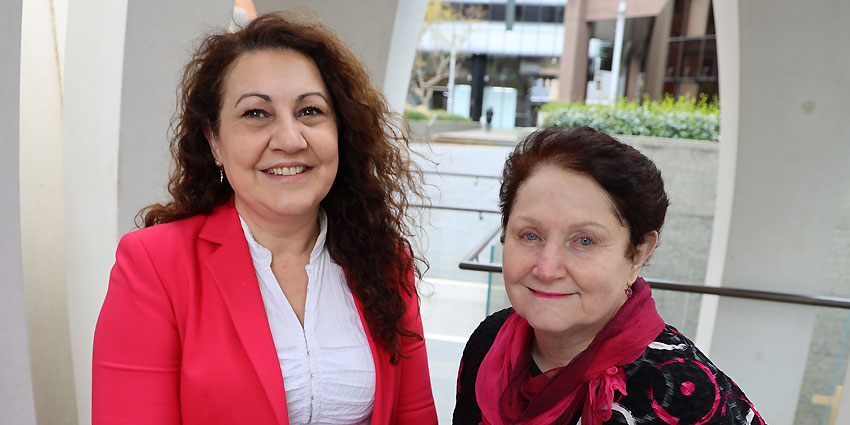
Recognising the rights of innocent parties suffering the deep impacts of crime, state governments since 1992 have established and developed end-to-end support services for victims.
The Department of Justice provides victims of crime with access to quality services from the start to the finish of their contact with the criminal justice system, as well as a stronger voice in the judicial process.
“By allowing victims a more formal role in the justice system, we aim to significantly contribute to their recovery and healing,” Department Director General Dr Adam Tomison says.
“Our extensive victim services network of staff performs in a fraught environment at the coalface of the interaction between the justice system and a victim,” Dr Tomison says.
For victims who request assistance, Court Counselling and Support Services (CCSS) helps from after a crime has been committed through to the court process, including family violence civil matters.
The Victim-offender Mediation Unit (VMU) becomes involved at the pre-and post-sentence stages and the Victim Notification Register (VNR) provides information during an offender’s incarceration.
“The challenge for the victim of crime is that it was an unwanted and traumatic experience,” CCSS Director Teresa Tagliaferri says. “The victim is facing a situation they were not in control of and then results in them having to embark on a healing journey.
“This is difficult enough to work through from a personal perspective but is also occurring at the same time as a complicated police investigation and/or court process,” she says.
The biggest changes CCSS has seen over the years include the expansion of its specialist services, reflected in the Child Witness Service and Family Violence Service, and the regionally-based combined Victim Support and Child Witness Service.
“The voluntary nature of these services is important as it is empowering the victim of crime to have control about what they need,” Ms Tagliaferri says. “We provide our services with compassion, ensuring the principles of trauma-informed practice.”
The VMU offers a reparative pre-sentence mediation service that is voluntary for victims and offenders, and a post-sentence process for victims when offenders are subject to supervised orders in the community.
The VNR also comes under that unit and is a vital cog in the Department’s support structure for victims which has been operating for 21 years.
Headed by 19-year VNR veteran and experienced social worker Anne Martin, the register keeps victims apprised of an offender’s status in the criminal justice system and endeavours to meet the needs of victims as well as being cognisant of the rights of offenders.
Victims can apply to go on the register at any time during an offender’s passage through the correctional system, from which the VNR gathers information for victims.
“A victim’s trauma can be long-lasting and we’re often talking to people who have lost a loved one and that loss is forever,” Ms Martin says.
“This is why the information (about an offender) that we pass on, it’s important we do it as sensitively and full of compassion as we can.”
Commissioner for Victims of Crime Kati Kraszlan commended victim-facing staff who had often spent many years at the “coalface”.
“Someone like Anne at the VNR may have been dealing with the same victims of crime since an offender was locked up 20 years ago, as well as taking countless other victims through the sentencing, incarceration, community supervision and eventual release process,” she says.
“While people may not always like what the VNR has to say, they do their job in a supportive and professional manner.”
Ms Kraszlan is hosting the Victim Voices conference, which will map out the victim experience, on Friday, 16 September in Perth.
Chief Justice Peter Quinlan, cyber safety expert Paul Litherland and Dr Tomison are among speakers at the free event at the State Library of WA.
Tickets for the event are free, but must be booked at justice.wa.gov.au/victim-voice-conference.


